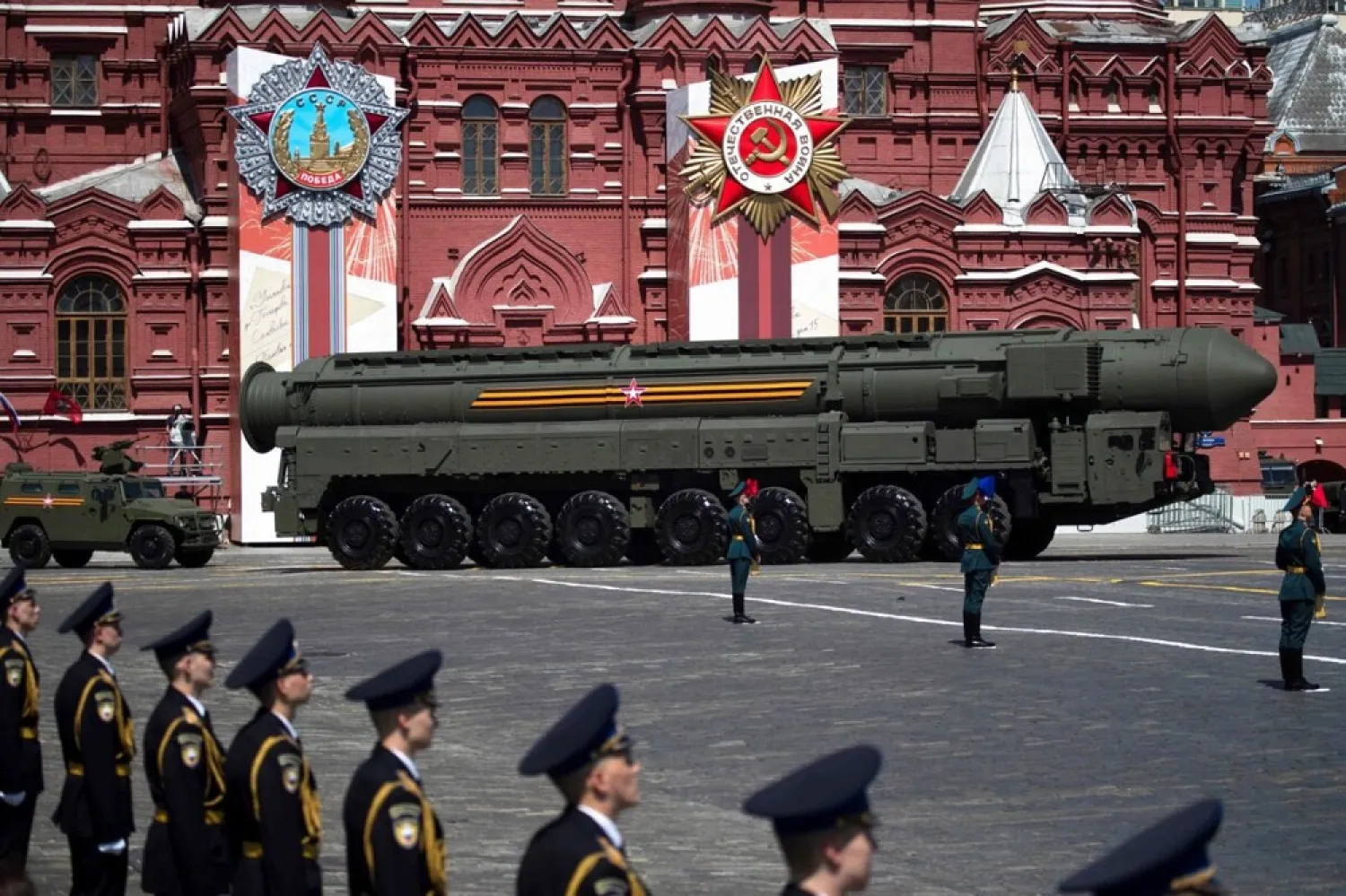Hamish de Bretton-Gordon, the former commander of the UK and NATO chemical, biological, radiological, and nuclear (CBRN) forces, warned that strategic nuclear weapons can change the planet as we know it.
Russia and the West, including the US, UK, and France, have nearly 6,000 warheads between them. If launched, these warheads can lead to Mutually Assured Destruction, he added.
These warheads are mounted on intercontinental ballistic missiles (ICBMs), which can travel thousands of miles and are aimed at key locations and cities in the US, UK, France, and Russia, he explained.
Tactical nukes, meanwhile, are much smaller warheads with a yield, or explosive force, of up to 100 kilotons of dynamite—instead of about 1,000 kilotons for strategic warheads, he said.
That said, tactical nuclear weapons can still cause massive amounts of damage, and if fired at a nuclear power plant—for example, Zaporizhzhia in southern Ukraine—could create a chain reaction and pollution on the scale of a nuclear attack.
Moreover, Russians could even attack this plant with a conventional weapon that might have the effect of a tactical nuclear explosion, warned Bretton-Gordon.
He believes that the Russians developed their unconventional warfare tactics in Syria.
“I don’t think President Bashar al-Assad would still be in power if he hadn’t used chemical weapons,” he said.
The massive nerve agent attack on August 21, 2013 on Ghouta stopped the opposition factions from overpowering Damascus. The four-year conventional siege of Aleppo was ended by several chlorine attacks.
According to Bretton-Gordon, Russian President Vladimir Putin does not seem to have any reason not to repeat this experience again in Ukraine.









